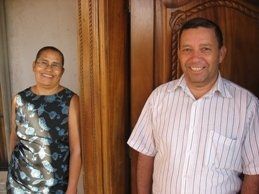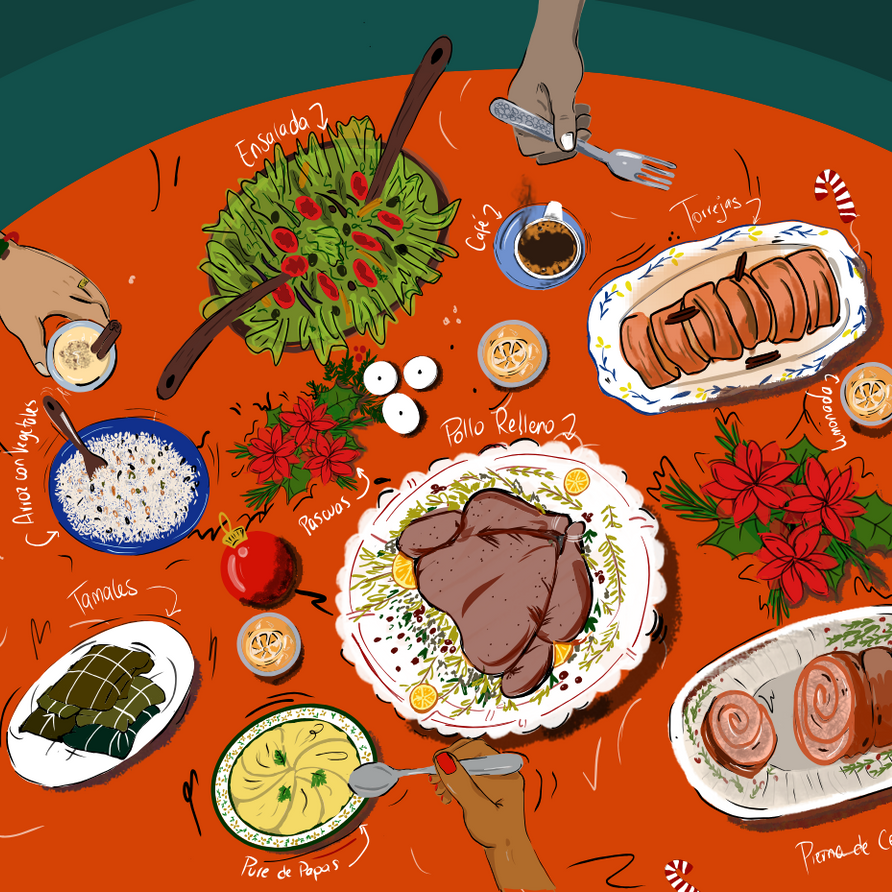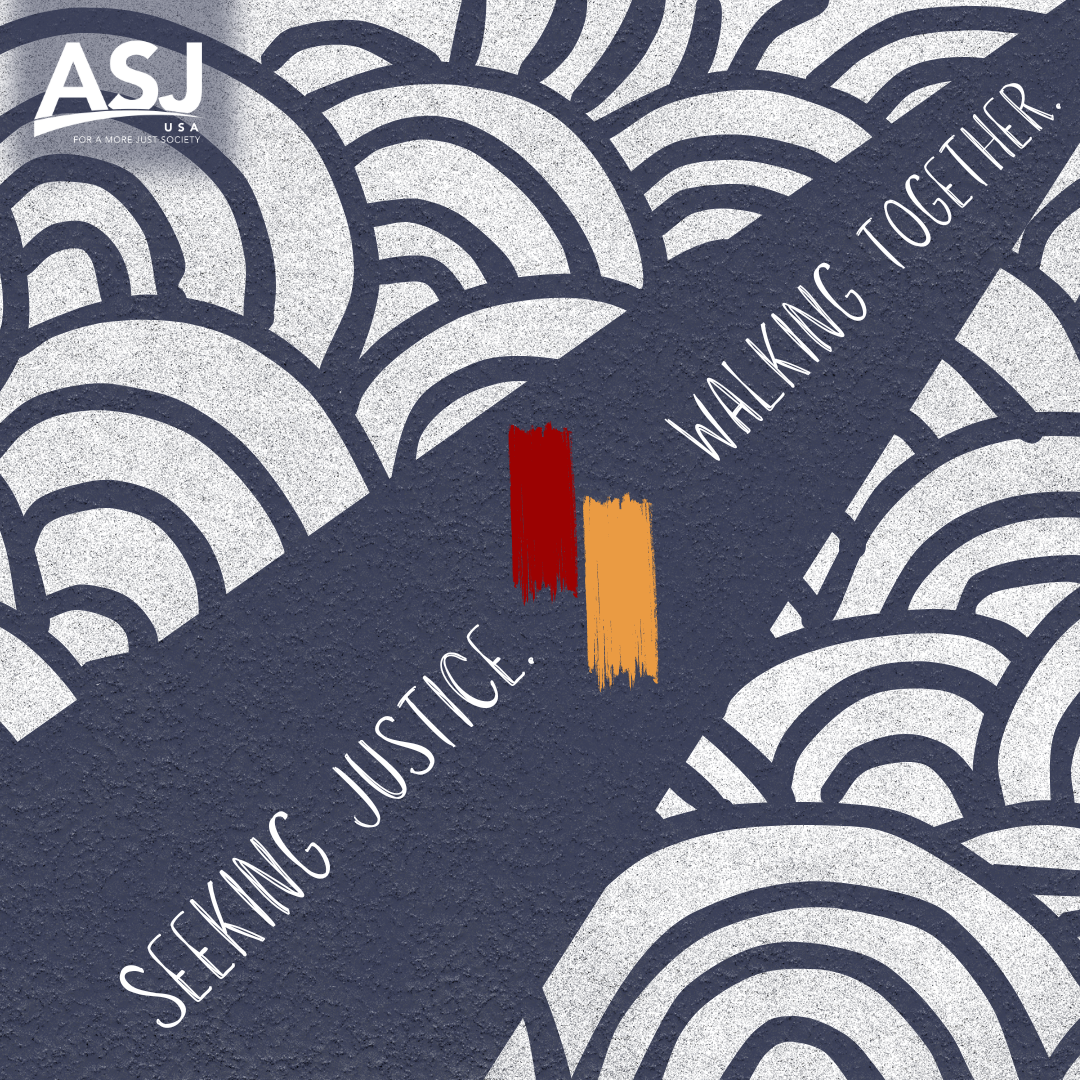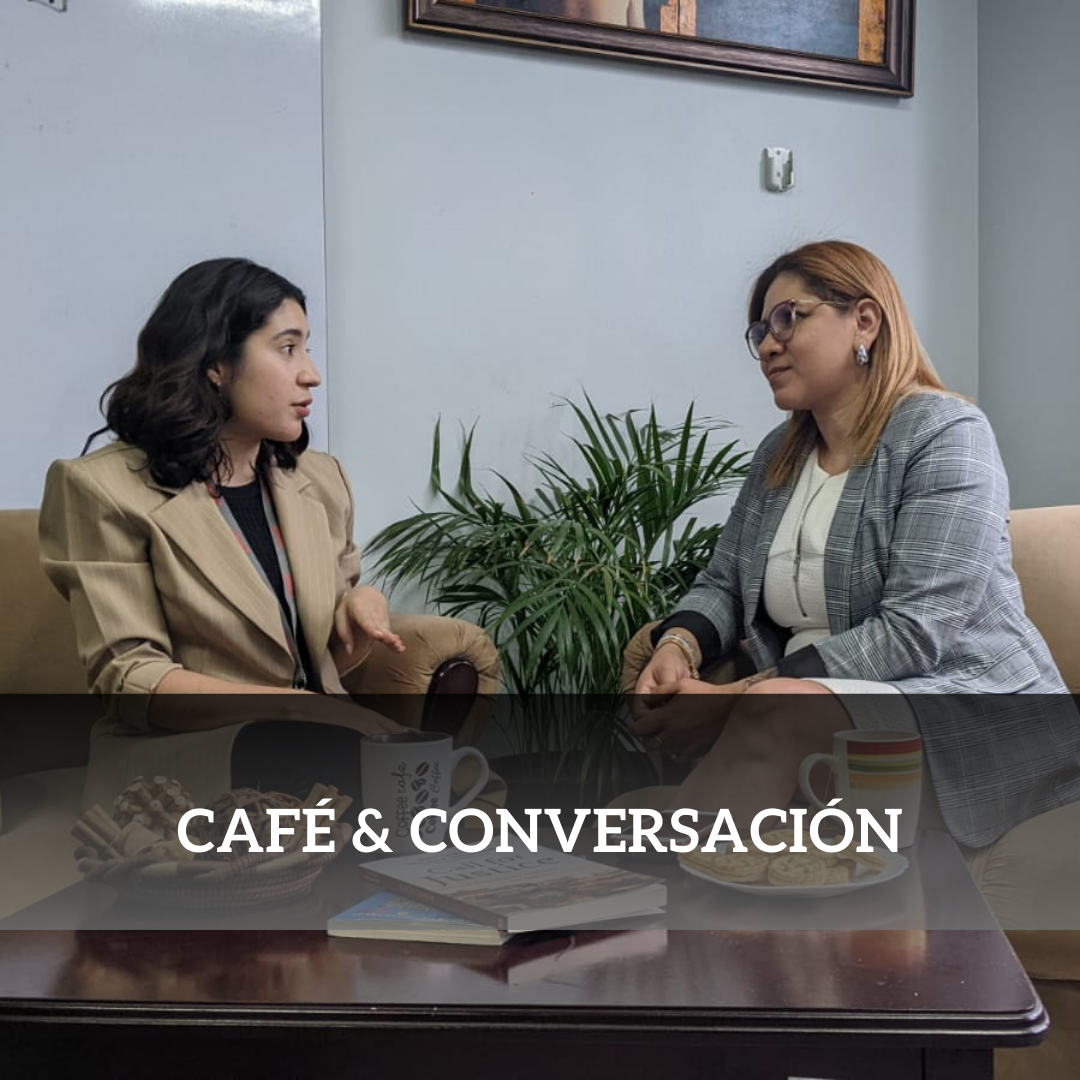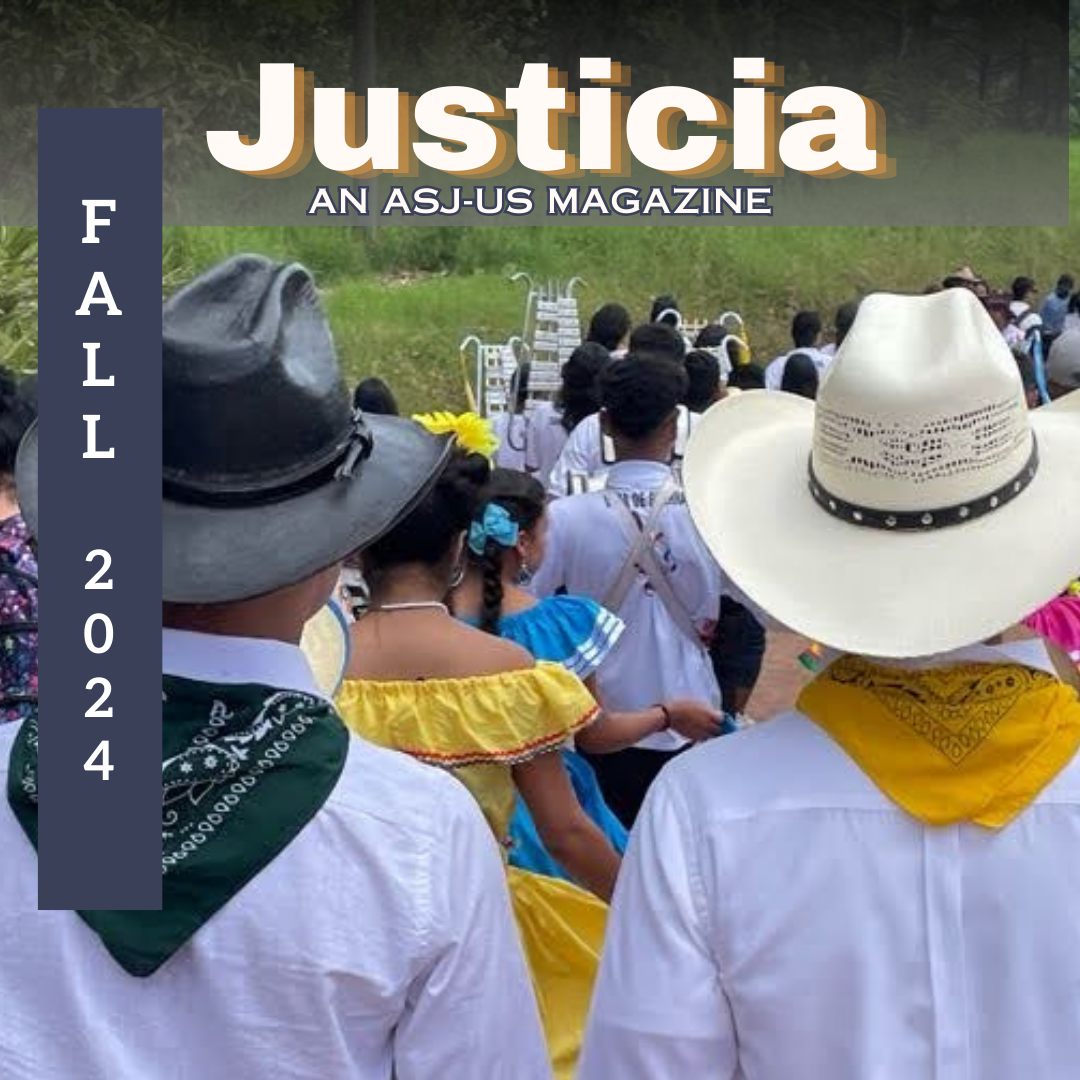Flor del Campo, a poor neighborhood on the outskirts of Tegucigalpa, was the first community to benefit from a Property Law that ASJ helped to develop and that was signed into law in 2004. Under the law, when multiple owners claim to own the same large areas of land, preventing the people who actually live in the neighborhoods that have developed on that land from being able to get titles, the government has the right to come in and take possession of these communities.
The people who live in the communities then pay a fair price for the land they live on in exchange for a title, which serves as legal proof that the family owns the land. These residents can then use these titles as collateral to take out loans to improve their homes or start a small business.
(If people claiming to be large-scale landholders whose property was settled without their permission can substantiate those claims in court, they receive reimbursement for the land now titled to the current residents via the payments these residents have made for their titles.)
The survey was designed and implemented by Joy Nissen, a Wheaton College student who interned with the Land Rights project for six months. She organized a group of youth from Flor del Campo to administer the survey door to door to 200 randomly selected households—about 4% of the total households in the neighborhood. The results: 75 percent of households surveyed have already received land titles. This suggests that in the neighborhood of Flor del Campo as a whole, around 3,750 households, or a total of nearly 20,000 people, who five years ago did not have legal ownership of their land, now do. Praise God for this accomplishment!
Of the 151 households surveyed that have obtained title, 25 have attempted to take out loans using their title as collateral, and 15 of them were successful. Most said they wanted the loan to improve their home, replacing rotting wood with cement blocks, or corroding roofs with fresh tin. The land titles also ensure that people making false claims to own the land Flor del Campo occupies now have no legal basis whatsoever to kick families out of their houses or charge them rent.
The attorney in charge of the ASJ land team, Gilda Espinal, says that ASJ’s hard work in helping residents understand the process and guiding community leaders through all of the steps is a major factor in the high percentage of families who are now legal landowners. Without ASJ’s accompaniment, the communities might still be stuck in a bureaucratic tangle.
“Considering that Flor del Campo was our pilot community, and after all the work we did to determine who the real owner of the land was, this is excellent news,” Gilda said of the survey’s results. “We have learned a lot over the last five years about how to help communities and community leaders avoid errors that delay the process. They are more empowered and better understand their own obligations.”
Since the Property Law passed in 2004, some 30,000 land titles have been given out to residents in Tegucigalpa and San Pedro Sula, thanks in large part to the Land Rights team’s efforts to educate and advocate on behalf of communities undergoing the titling process.




